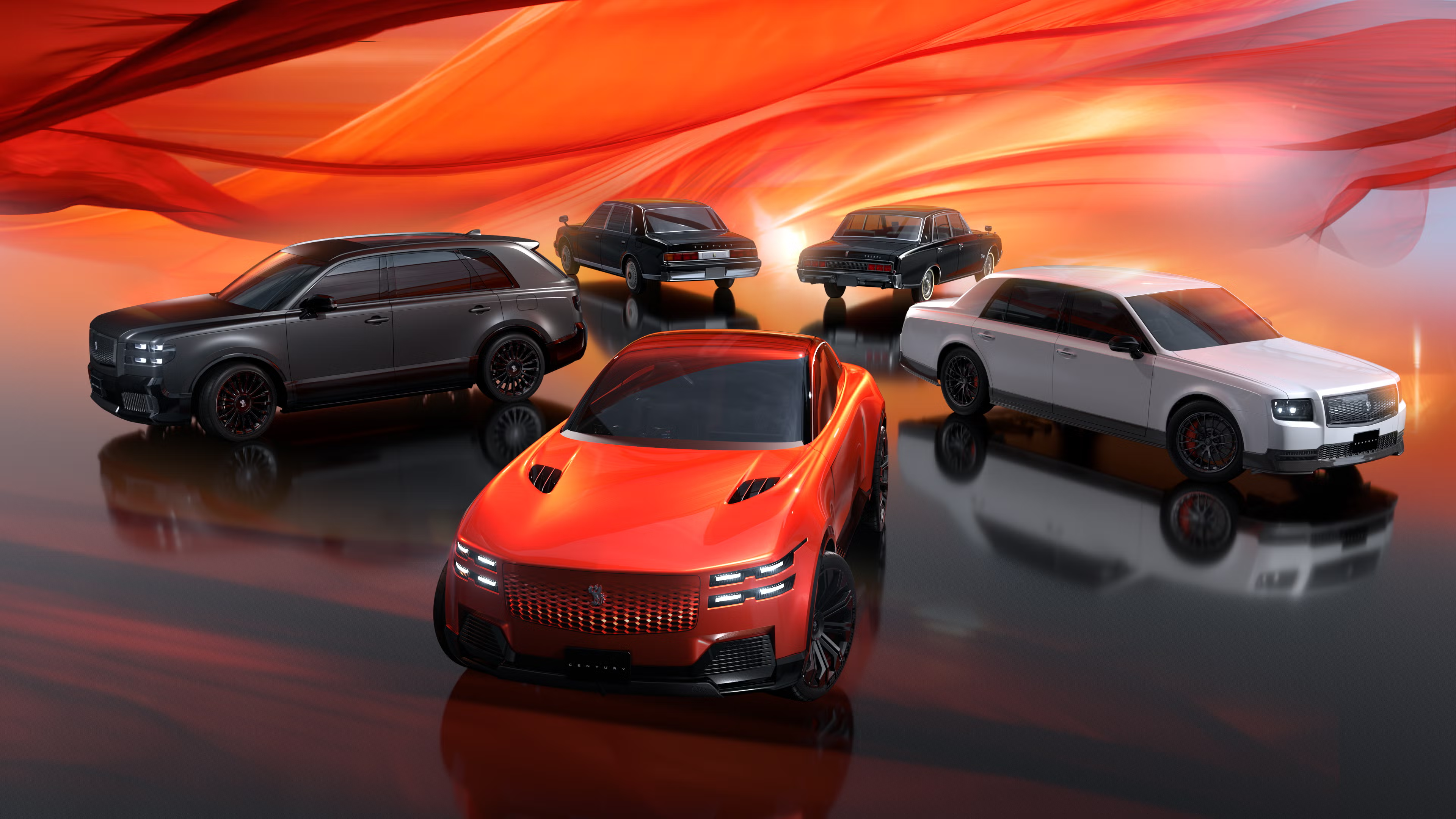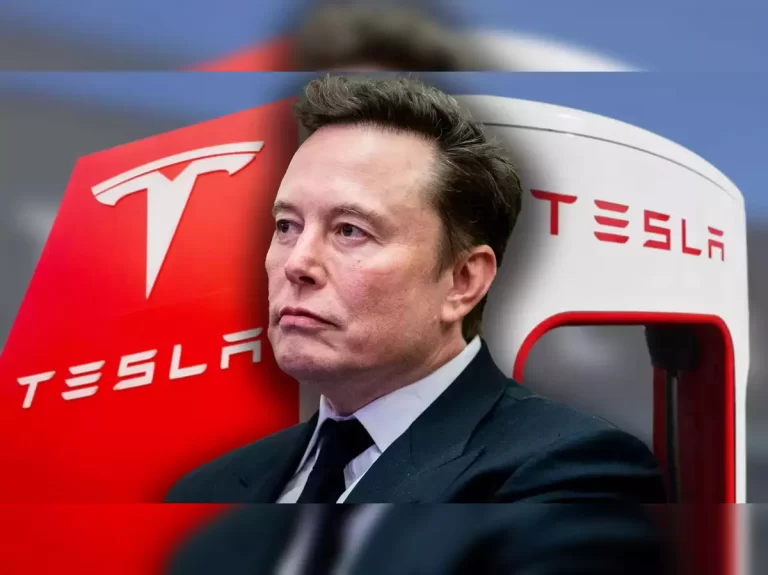Ever notice how influencers today don’t just promote products — they build them? From launching beauty brands to founding tech startups, content creators aren’t just making content anymore, they’re making companies. Welcome to 2025, where YouTubers, TikTokers, and digital storytellers are stepping into the role of CEO, and doing it their own way.
Let’s break down how content creators have gone from camera-ready to boardroom-ready — and why they’re changing the entire game.
1. They Know Their Audience Better Than Anyone
Unlike traditional CEOs who rely on quarterly reports and focus groups, content creators get real-time feedback. They read comments, respond to DMs, and build entire communities from scratch.
This connection means they don’t have to guess what people want — they already know.

Example
Emma Chamberlain didn’t launch a coffee brand out of nowhere. Her fans saw her drinking it in vlogs for years. Chamberlain Coffee became a hit because it was authentic, personal, and made for her audience by someone they trust.
2. They Don’t Need Investors to Build a Brand
Creators often are the brand. They launch products and businesses using their own platforms — skipping ad agencies, middlemen, and sometimes even funding rounds. With built-in reach and trust, a well-placed video or reel becomes the entire marketing strategy.

Example
MrBeast built Feastables, a snack company, using only his YouTube and social media empire. No traditional ad spend — just content that millions want to watch.
3. They Move Fast and Think Creatively
Because they’ve lived in the rapid-fire world of content, creators are incredibly agile. They adapt to trends, change direction quickly, and aren’t afraid to test ideas in public.
That kind of speed and creativity gives them a massive edge over traditional founders.

Example
Alix Earle’s collaborations and capsule collections don’t take months of planning — they drop fast, feel fresh, and sell out quickly because of her ability to move with culture in real time.
4. They’re Building Empires, Not Just Followers
Creators are now turning their influence into equity. They’re founding wellness apps, launching VC funds, opening fashion labels, and even building tech tools — all from the momentum of their own digital presence.

Example
Ali Abdaal went from YouTube productivity videos to running a multi-million dollar business, creating courses, writing books, and building software — all while staying relatable online.
5. They Define What a Modern CEO Looks Like
Forget suits and stiff titles. Today’s creator-CEOs show up in hoodies, speak directly to their audience, and let transparency lead. They’re rewriting what leadership means — blending creativity, commerce, and community.
Final Note
The line between creator and entrepreneur is disappearing — fast.
In 2025, content isn’t just a way to entertain or inform, it’s a launchpad. And those who’ve built trust and attention online now have the tools to build something even bigger.
So next time you scroll past someone talking to a camera in their bedroom, remember, you might just be looking at the next CEO.
FAQs
Q: Do creators actually run their companies, or just endorse them?
A: Many creators are deeply involved, from product design to marketing strategy. Some bring in teams, but the vision often stays with them.
Q: Is this just a trend or the future of business?
A: It’s the future. The creator economy is growing rapidly, and the next wave of founders will likely come from content-first platforms.
Q: Can small content creators become CEOs, too?
A: Absolutely. You don’t need millions of followers — just a loyal audience, a clear vision, and smart execution.
Q: Are content creators replacing traditional CEOs?
A: Not replacing — but definitely redefining. Their path to leadership looks different, and it’s working.






